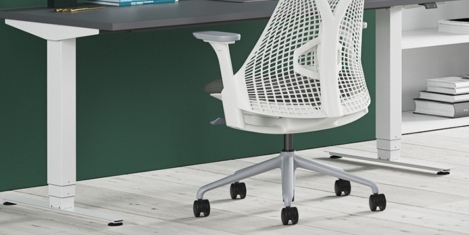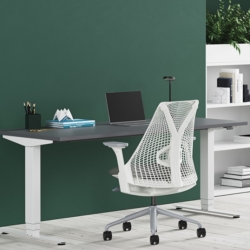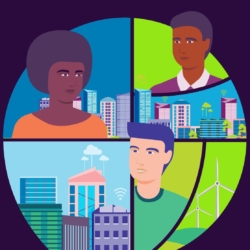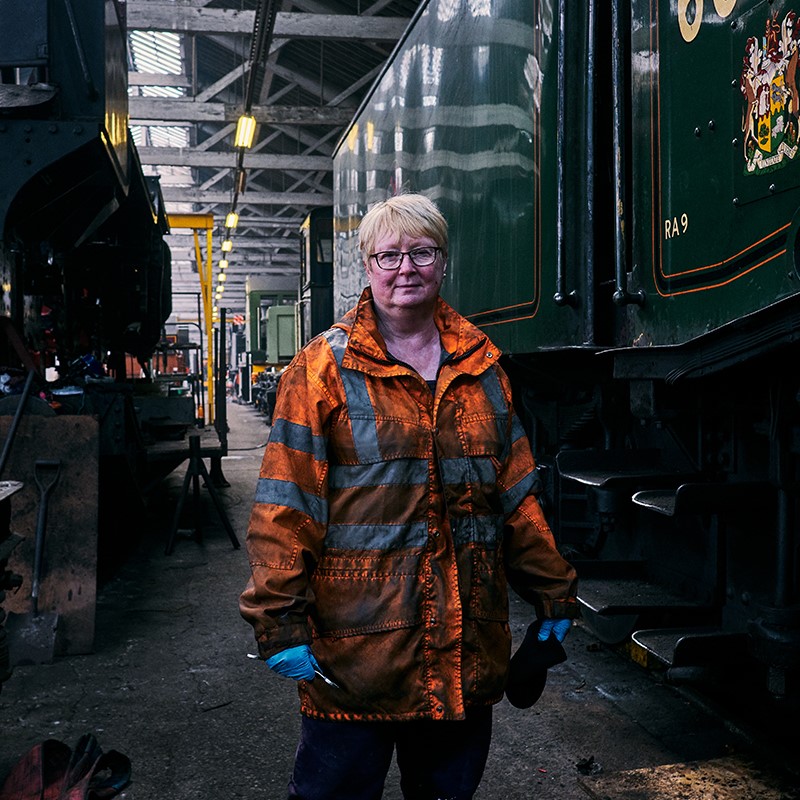To provide the best experiences, we use technologies like cookies to store and/or access device information. Consenting to these technologies will allow us to process data such as browsing behaviour or unique IDs on this site. Not consenting or withdrawing consent, may adversely affect certain features and functions.
The technical storage or access is strictly necessary for the legitimate purpose of enabling the use of a specific service explicitly requested by the subscriber or user, or for the sole purpose of carrying out the transmission of a communication over an electronic communications network.
The technical storage or access is necessary for the legitimate purpose of storing preferences that are not requested by the subscriber or user.
The technical storage or access that is used exclusively for statistical purposes.
The technical storage or access that is used exclusively for anonymous statistical purposes. Without a subpoena, voluntary compliance on the part of your Internet Service Provider, or additional records from a third party, information stored or retrieved for this purpose alone cannot usually be used to identify you.
The technical storage or access is required to create user profiles to send advertising, or to track the user on a website or across several websites for similar marketing purposes.
 A new survey from IWG claims that commuting remains the biggest barrier to the return to office life post-Covid, with only 8 percent of British workers now prepared to travel more than an hour to get to work. In the short term, workers are set to follow Government guidance by continuing to work from home, in the longer-term, six in ten (57 percent) want an office that is closer to home and an even greater proportion (77 percent) say that a more conveniently located office is a must-have for their next job move. More →
A new survey from IWG claims that commuting remains the biggest barrier to the return to office life post-Covid, with only 8 percent of British workers now prepared to travel more than an hour to get to work. In the short term, workers are set to follow Government guidance by continuing to work from home, in the longer-term, six in ten (57 percent) want an office that is closer to home and an even greater proportion (77 percent) say that a more conveniently located office is a must-have for their next job move. More →






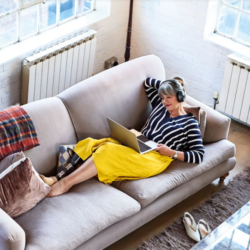 More than half of UK workers – 53 percent – plan to make a change to their career in the next 12 months as a direct result of the Coronavirus pandemic according to a new study from
More than half of UK workers – 53 percent – plan to make a change to their career in the next 12 months as a direct result of the Coronavirus pandemic according to a new study from 







